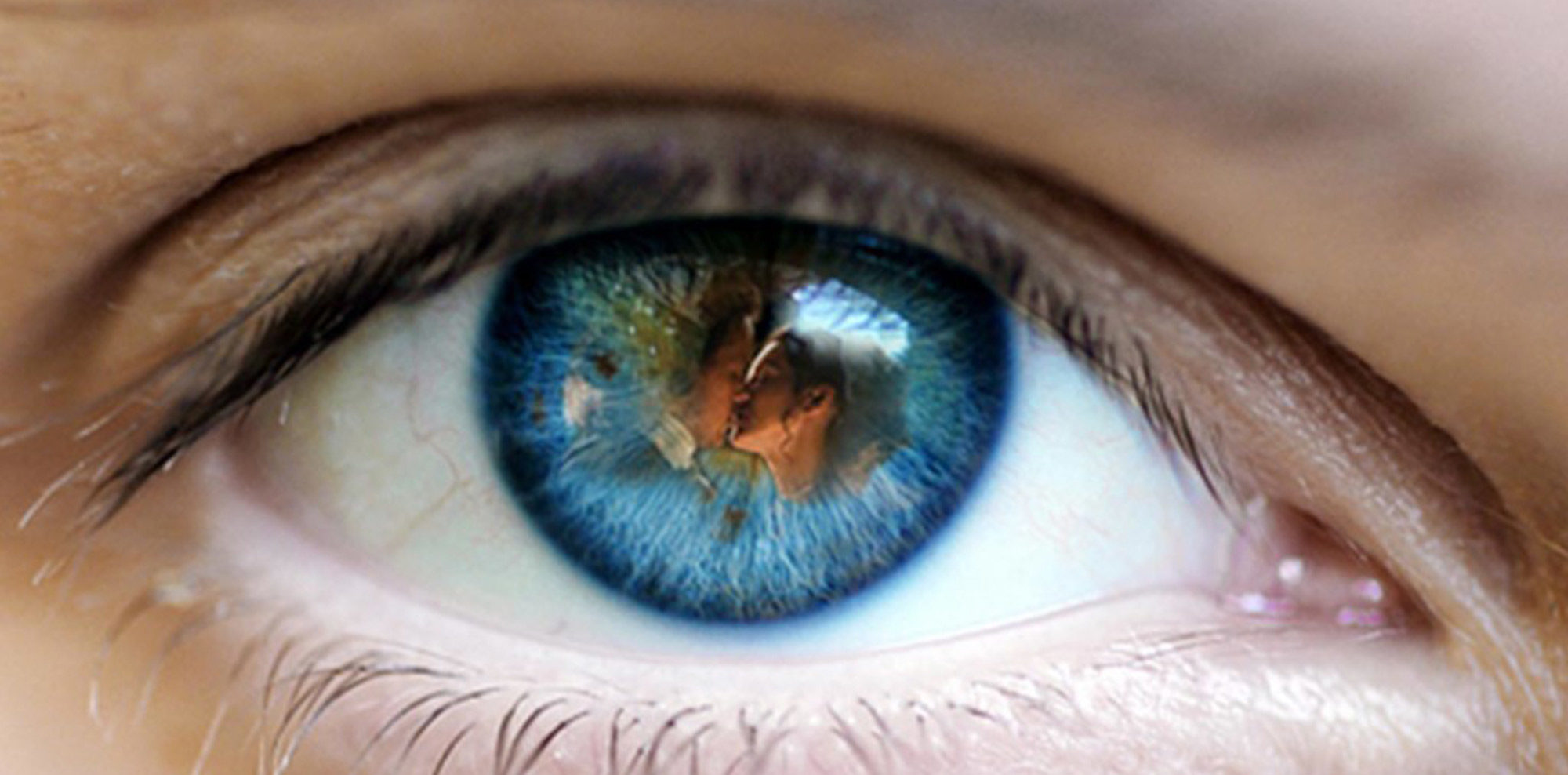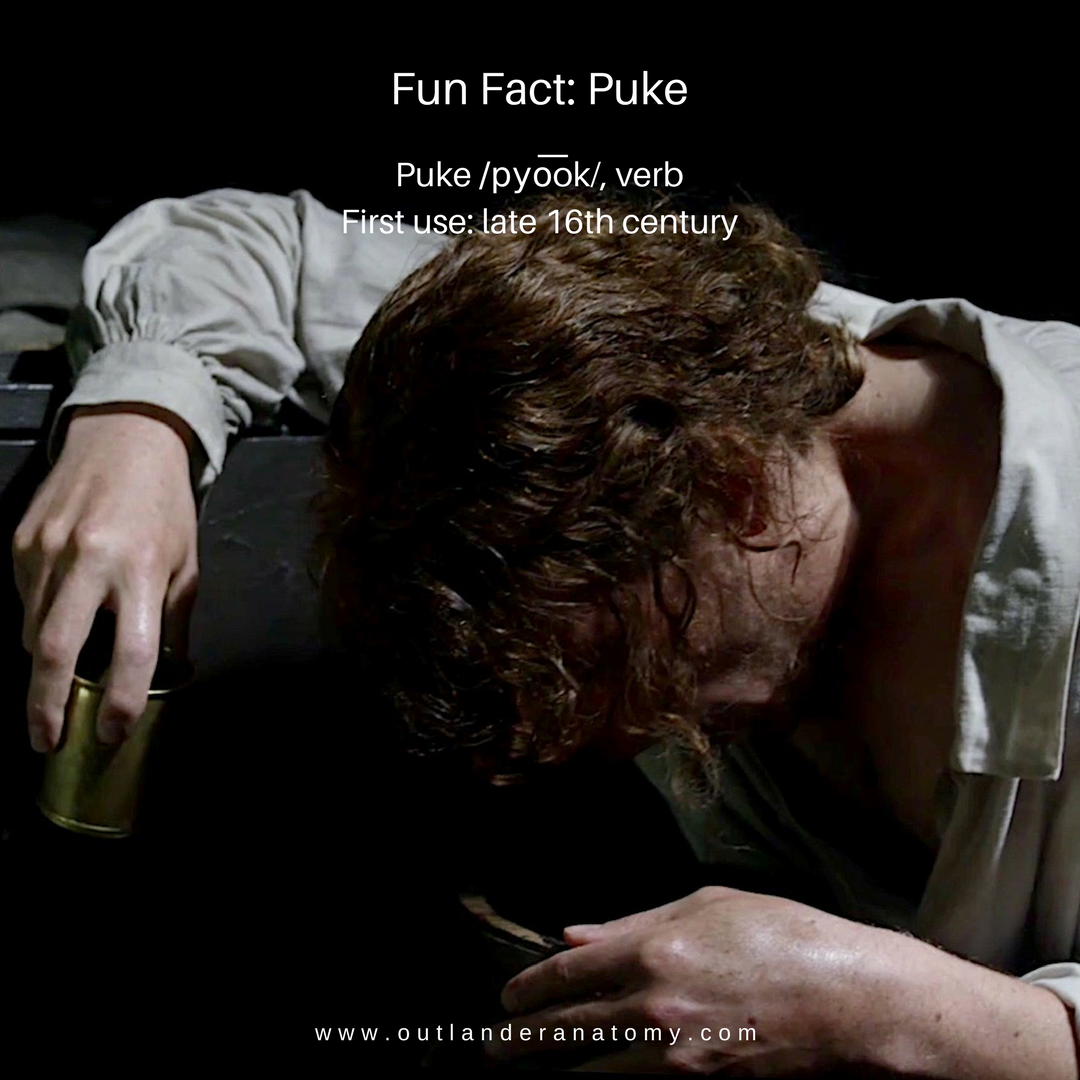Hallo the house!!! 😉
Greetings Diana fans! 🤗
Friday, October 26, was the first day of 2024 Surrey International Writers’ Conference (SiWC) in British Columbia. This is a wonderful gathering of seasoned writers and budding authors.
This is my fourth SiWC over the years. I attend to report on the events and see Diana. I do not plan on becoming a professional writer.
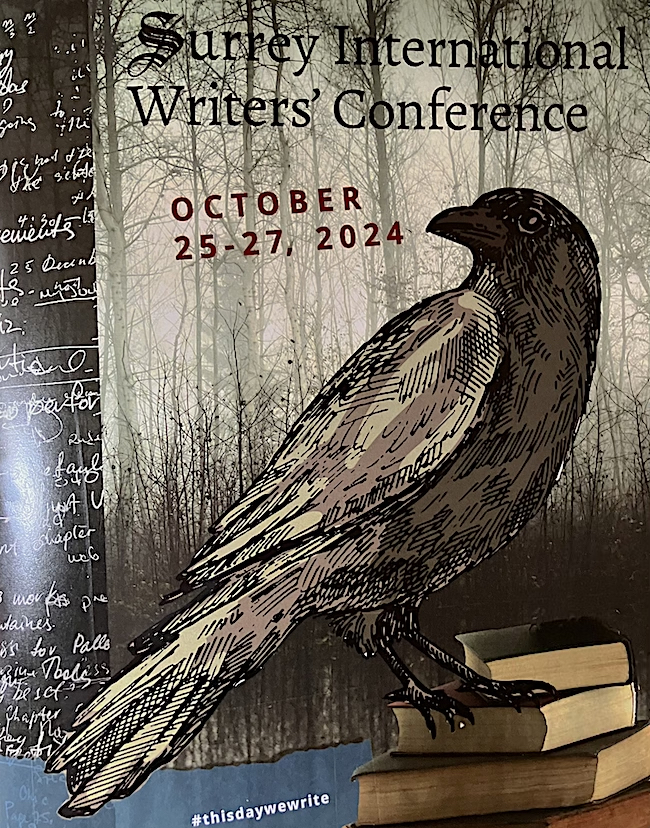
This post is about Diana’s SiWC workshop on Oct. 25, titled “Endings.”
Now, no need to panic. Diana’s presentation was not about the end of the Outlander book series – not yet, anyway!!! 😱
It was about how to write endings to all aspects of story telling including those of sentences, paragraphs, conversations, chapters, books, etc.
I found it extremely informative and I wager most in the room felt the same. Diana remains a fountain of imagination and information. 🤩
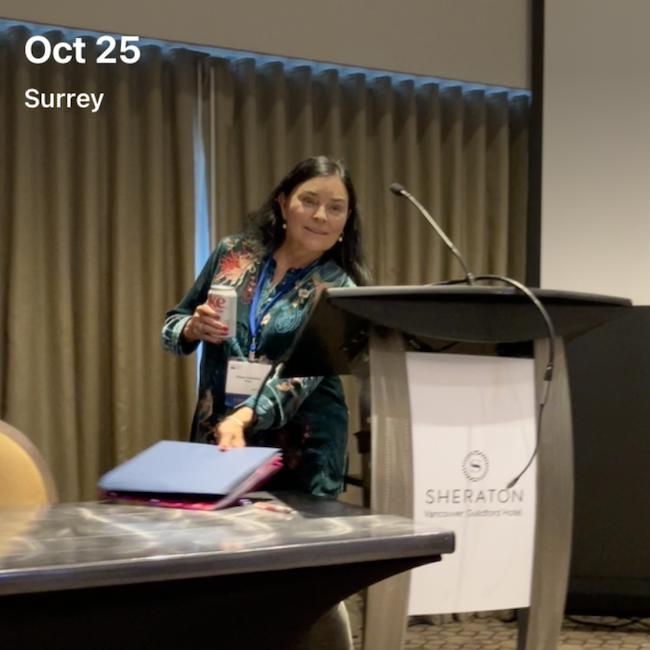
Diana entered the room with her favorite beverage in hand! 😄
Understand, these workshops are 1.5 hours long wherein she is the only speaker. I suspect this wee “pick-me-up” helps her stand (mostly) still, essentially immobile and focussed while being pummeled with attendees’ queries! 😎
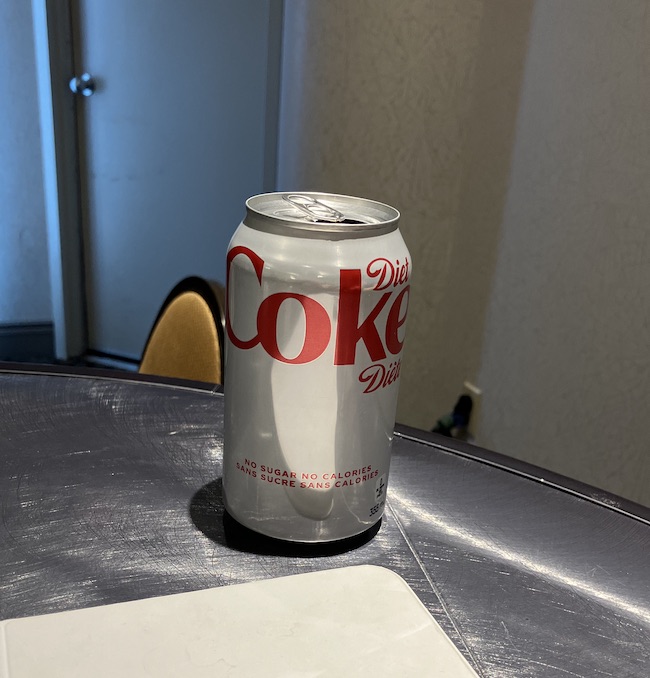
Unfortunately, I had some technical difficulties with this video recording so it is divided into three segments. 🙄
The first video is the introduction. She tells attendees that she is not going to teach the mechanics of how to write their stories but rather how to write about what happens in a way that keeps readers turning the page. 📖
She began by telling us she recently reread James Clavell’s 1975 book, Shogun. She selected this book because Clavell is a highly regarded author.
Upon opening the book, she immediately read both the first and the last sentences! She didn’t do this to spoil the book but for a scholarly reason: she is now writing what she expects will be the final Outlander book and she is putting serious thought into that last sentence of her epic book series. She is researching good examples. Hankies out! 😥
In the next segment, she talks more about Shogun. She considers its last sentence to be an excellent ending to this classic novel so listen to her read it.
In this third and final video segment, she talks about Shakespeare’s tragedy, “Romeo and Juliette.” Starting to weep, she explains that this story was not about crime or political power but about “Juliette and her Romeo. It is about love.” 🥰
She points out and explains that there are four types of book and chapter endings:
-
- Resolution of conflict
- Food for thought
- Cliff hangers
- Echos (e.g. epilogues)
She encourages writers to include pauses in their sentences, to use short sharp sentences in conversations, and try not to shake people out of the story with anything that might distract from the tale.
If your work presents a question, answer it rather quickly to keep readers engaged. (Now, I could make an issue here because upon occasion, Outlander readers have to wait 10 years and two or more books to get answers, but I won’t!) 😂
Question: Are your characters ever influenced by the show’s characters or do you keep them separate? Do you like the show’s characters better? No, she never confuses the two sets of characters and she likes hers best because she writes better dialogue. 👏🏻👏🏻👏🏻
Question: How do you decide what your characters will say? Her answer is she never tells her characters anything – they tell her what they will say, think, and do.
Question: Are you conscious of alliteration when you write? She said she was when first writing but incorporates it automatically now. Sometimes she goes back and grooms the alliteration if needed (alliteration is the occurrence of the same letter or sound at the beginning of adjacent or closely connected words – e.g. the sweet birds sang softly).
This video segment stops when she begins reading an excerpt from book 10. It is an intimate exchange between Jamie and William! ❣️
She asked me specifically to remove this part before posting, so I have. I am very sorry that I cannot share it because it is tender, moving and poignant.😢
I feel sure she will share this as daily lines when she is ready. 💙
I hope you enjoyed Diana’s one person workshop. These are always worthwhile and I considerate it a privilege to attend them.
The deeply grateful,
Outlander Anatomist
Follow me on:
-
- Twitter: @OutLandAnatomy
- Facebook: OutlandishAnatomyLessons
- Instagram: @outlanderanatomy
- Tumblr: @outlanderanatomy
- Youtube: Outlander Anatomy
Video and Photo credits: Outlander Anatomy,
